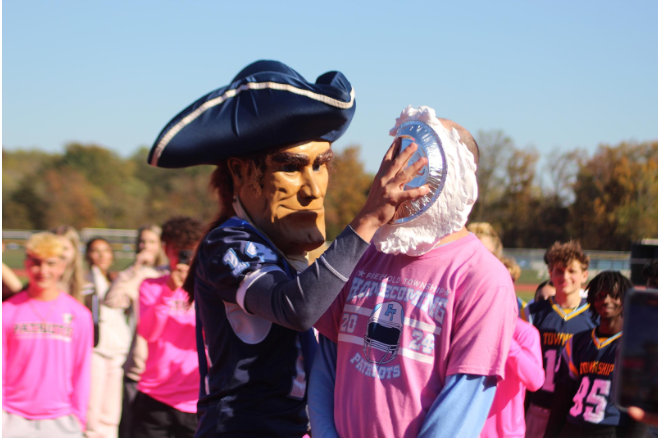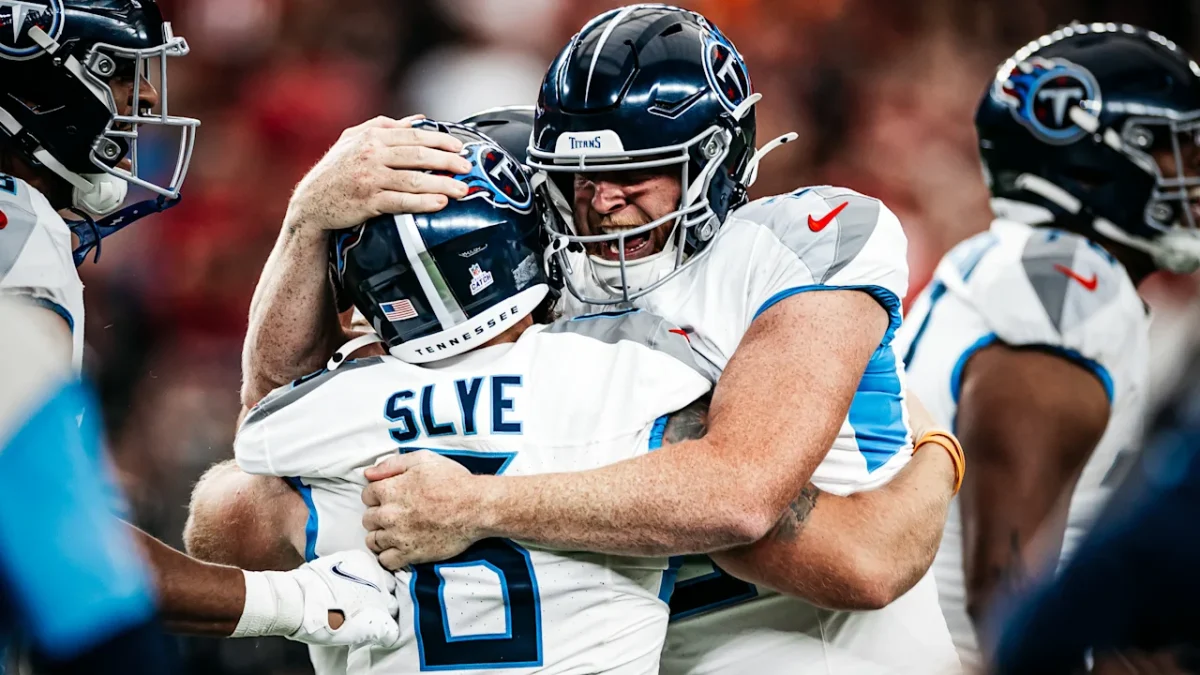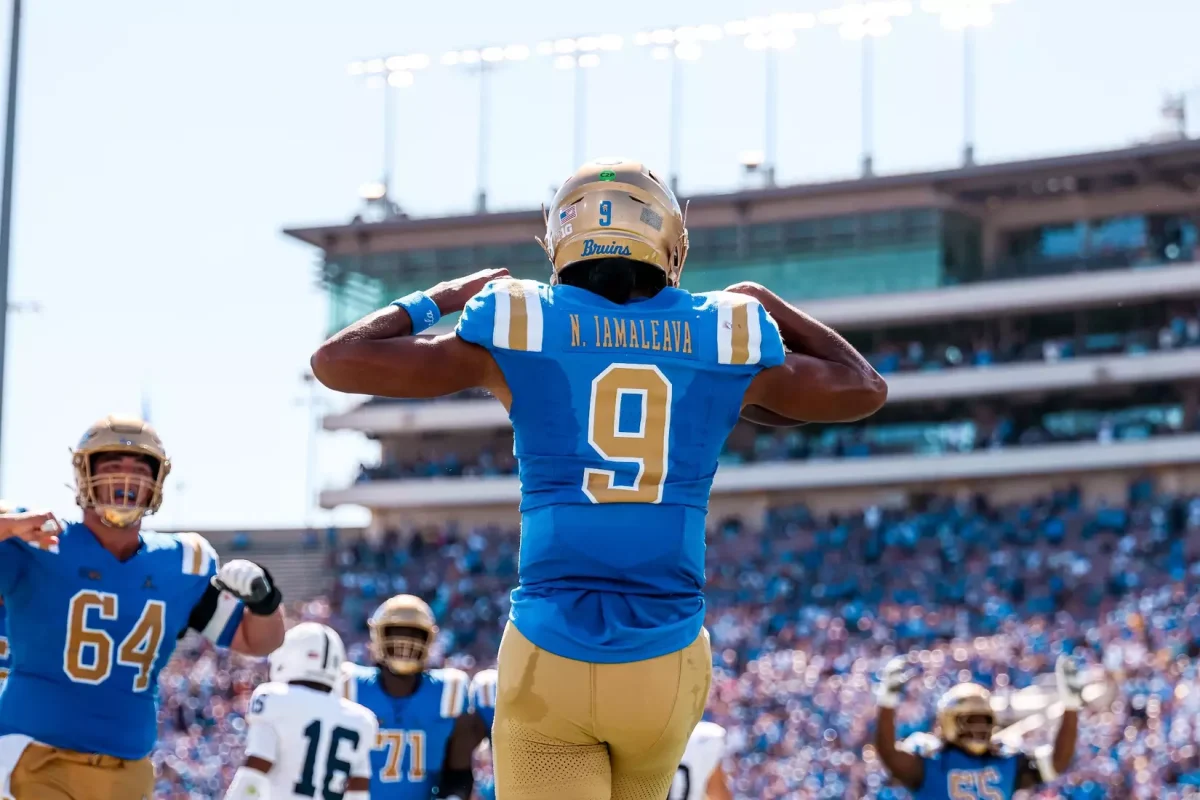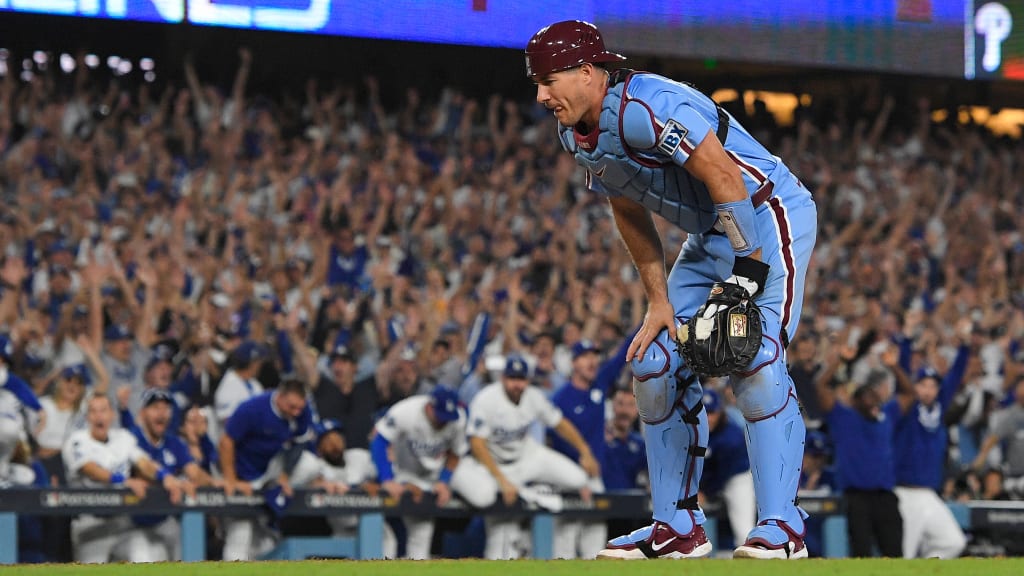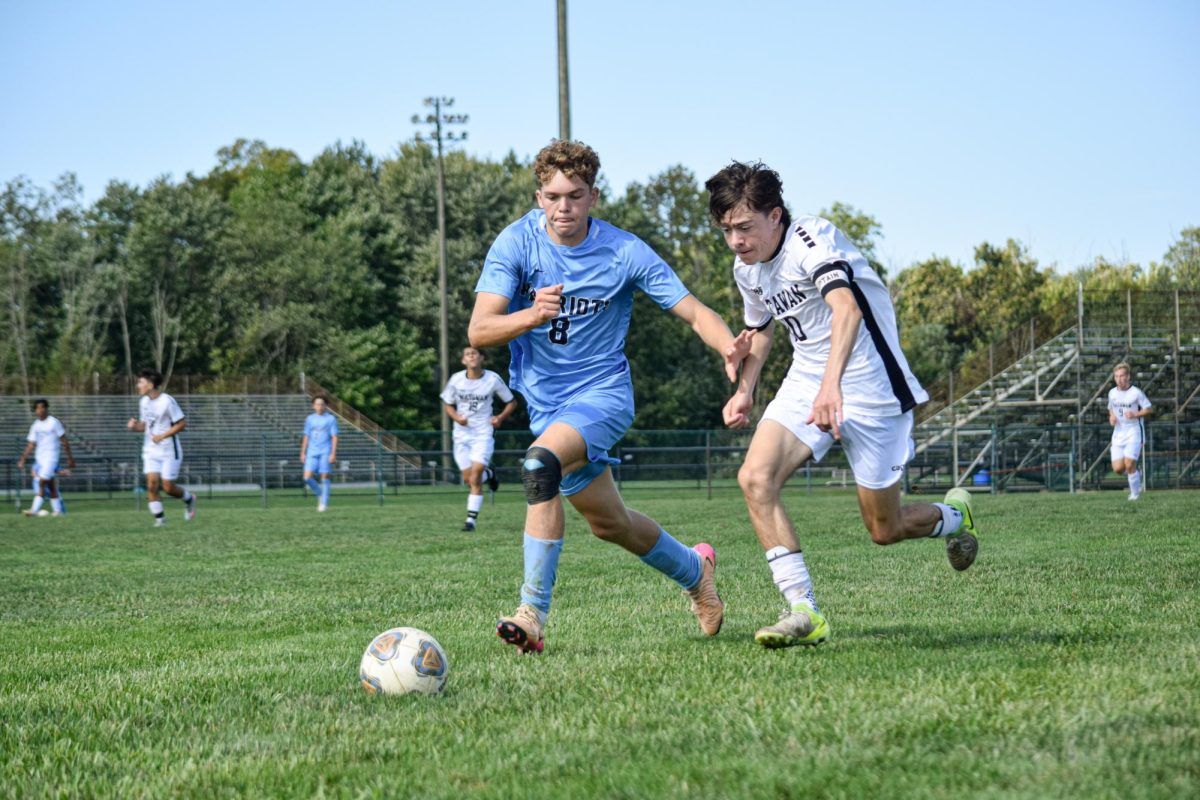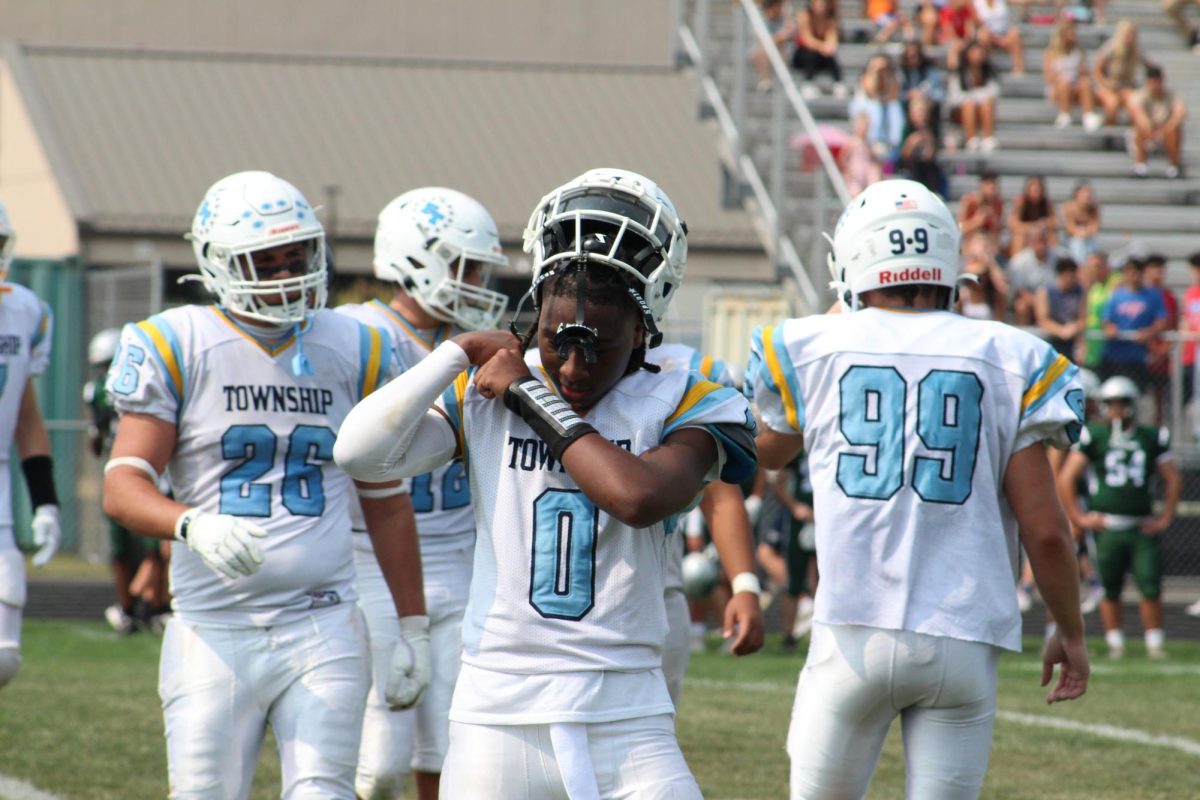Forgotten Hits Of The Past: “We’ll Meet Again”
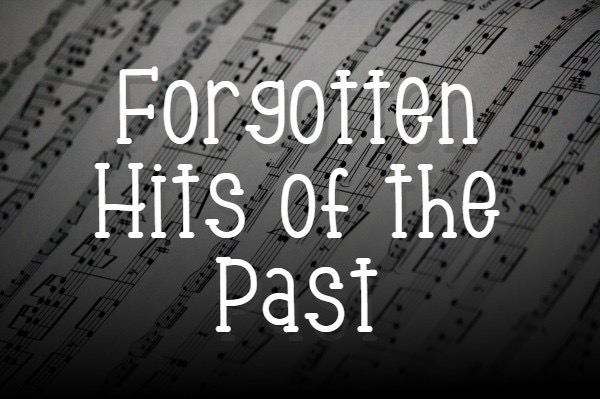
December 11, 2020
Loss is something that everyone will eventually have to deal with. As time takes its course and people eventually die, those who remain can only mourn their lost ones. Whether or not you’ve lost someone in the past, it can be agreed that it would be nice to someday be reunited with the one(s) you cherish after inevitably losing them. One wartime classic that put heavy emphasis on the theme of reunification was “We’ll Meet Again,” written by Hughie Charles and performed by Dame Vera Lynn.
“We’ll Meet Again” was first performed by Dame Vera Lynn in 1939, just as WWII was starting and troops were beginning to be drafted into the armed forces all across Europe. This song couldn’t have come out at a better time. As conscription occured all across the continent, families and loved ones struggled with the idea of never seeing their significant others again. Fortunately, the song provided all, from those left at home to those in the army, with a sense of reassurance that they would one day be reunited with those they love. The lyrics, as they are not meant to have a specific narrative, are extremely applicable to any situation where people part. The song is meant to provide those parting with a sense of almost supernatural hope that, even if they do never reunite, they will still be able to find solace in the thought of each other’s presence. It is a truly beautiful song that has inspired hope in almost all that have listened to it.
Although the song has mostly faded into obscurity since the twentieth century, it continues to be used today in modern times. The song has a certain effect on its listeners, inspiring feelings of nostalgia within them even if they have never heard the song previously. One of the most notable modern uses of the song was in the 1964 Cold-War film Dr. Strangelove, Or: How I Learned to Stop Worrying and Love the Bomb. In this final scene, the song slowly comes into prominence as nuclear war occurs all over the planet. Footage of real nuclear weapons being detonated is synced to the beginning beats of the song, filling viewers with a sense of bittersweet emotions as the joyful and hopeful song is played over footage of mass destruction and carnage. This movie’s setting takes place in almost an entirely different era than which the song was written, serving as a testament to the versatility of the WWII classic. An honorable mention of the use of the song is in the animated TV show Gravity Falls, where the song was briefly performed by the show’s antagonist Bill Cipher during the Weirdmageddon series of episodes.
This year was surely a tumultuous time. With everything going on, from the pandemic to the political unrest, it feels like there’s no escape from the stresses of modern life. However, there is a light at the end of the tunnel. Humanity will get through this dark and terrible time and things will soon return to normal. Although there is no set date to when things will return to normal, maintain faith in the idea that everything will be just like the good old times. As the Queen of England said in her April address to the United Kingdom, “We should take comfort that while we may have more still to endure, better days will return: we will be with our friends again; we will be with our families again; we will meet again.”







